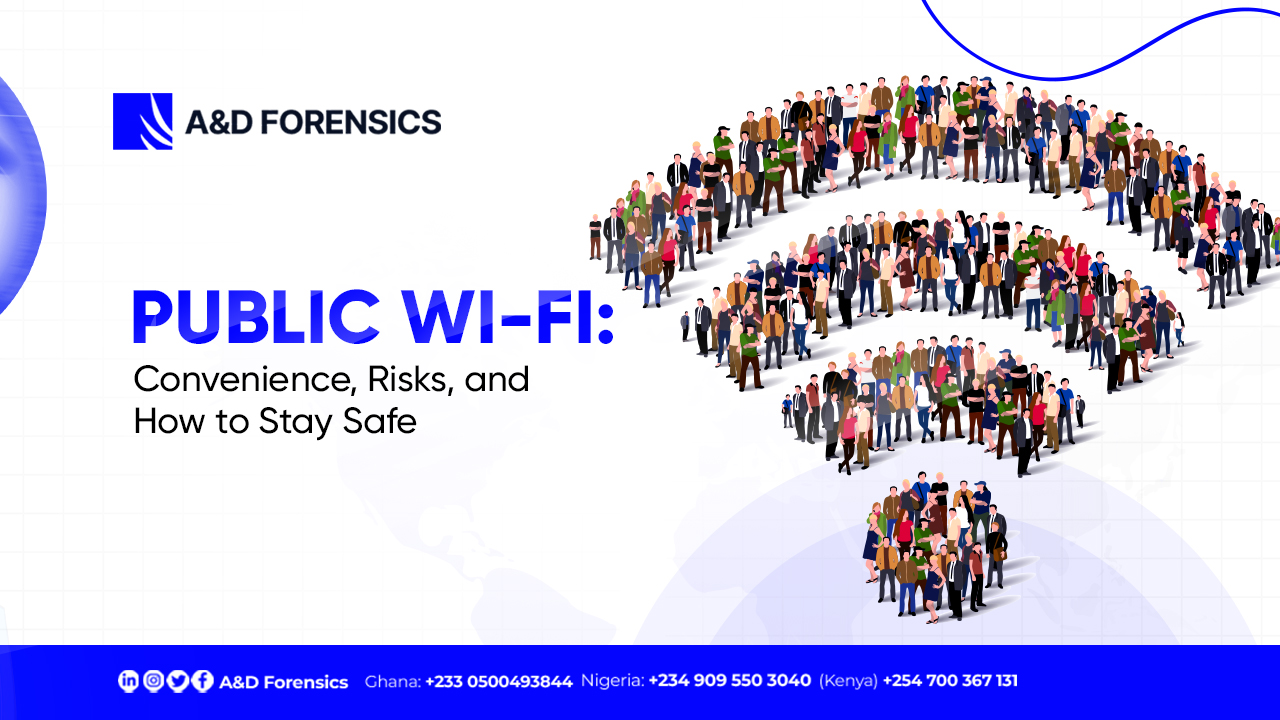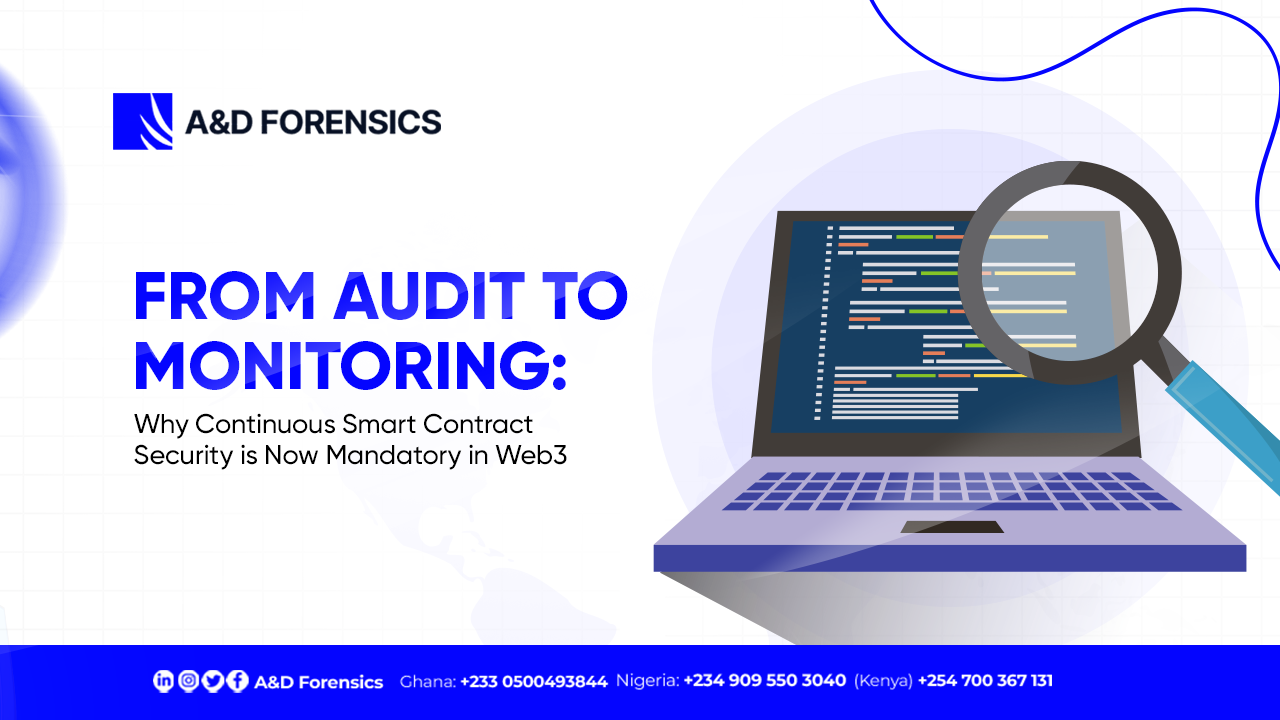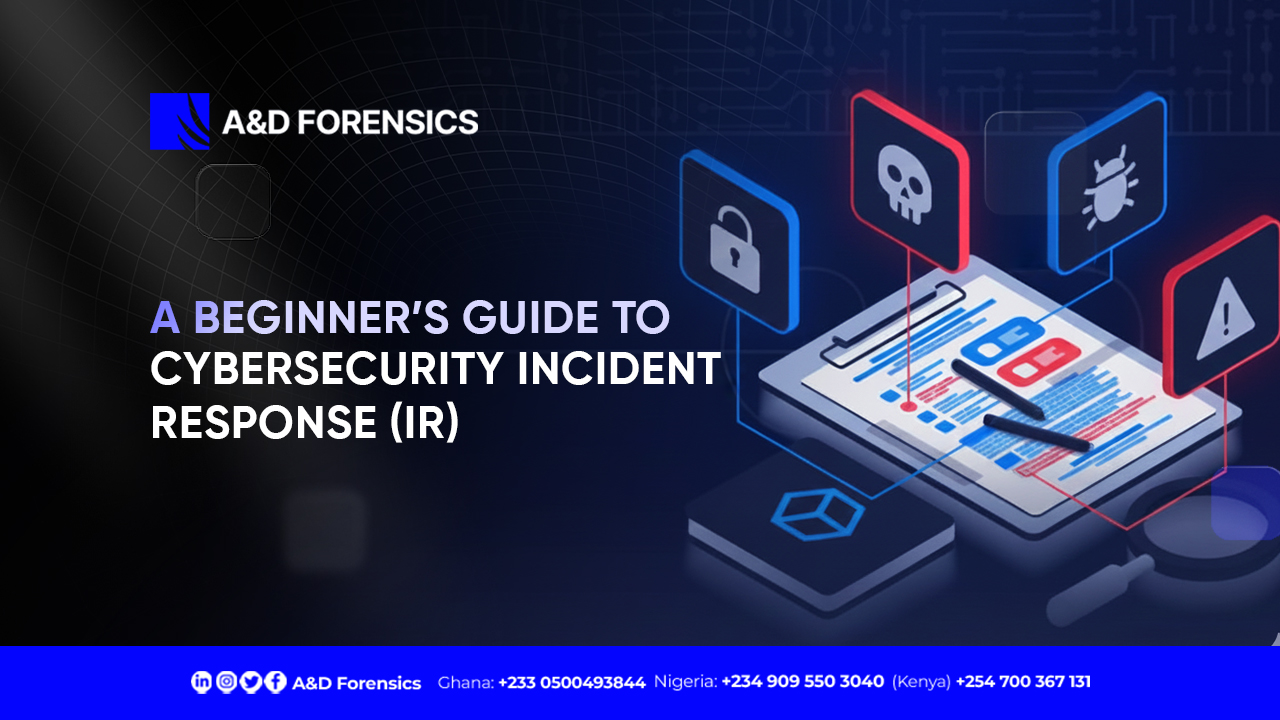Public Wi-Fi is often a lifesaver, especially when it’s free. Whether you’re at the airport, your favourite coffee shop, or a hotel lobby, the promise of free internet is difficult to resist.
However, the convenience comes with serious risks. On public networks, you could lose your privacy, sensitive information, or even money. Unlike your home Wi-Fi, which is usually password-protected and encrypted, most public networks are unencrypted and insecure.
What Is Public Wi-Fi?
Public Wi-Fi refers to any wireless network offered in a way that anyone broadcasting radius can join. While some require a password, many are entirely open. In most cases, businesses provide this convenience to make internet access easy for customers, guests, or travelers, often at the cost of security.
There are two main types:
- Secured Wi-Fi: Requires a password and uses encryption. However, if too many people know the password, its security is weakened.
- Unsecured Wi-Fi: Open to anyone, usually without any form of protection.
Because you don’t control the router, encryption standards, or connected devices, public Wi-Fi exposes you to greater risks than your private home network.
This lack of encryption is the primary reason public Wi-Fi is so vulnerable to attack. Unlike your home Wi-Fi, you don’t control the router, the encryption standards, or the devices connected. Essentially, you’re stepping into a shared digital space where not everyone has good intentions.
The Hidden Risks of Public Wi-Fi.
Every time you connect to an unsecured network, you expose yourself to several risks:
- Man-in-the-Middle (MITM) Attacks: Imagine you’re passing a note to a friend in class, but a mischievous kid intercepts it, reads it, changes the message, and then passes it on. Neither you nor your friend knows the note was compromised. On a public network, a hacker can do the same with your data. They position themselves between your device and the Wi-Fi router, silently intercepting everything you send and receive, passwords, emails, everything.
- Rogue Hotspots (Evil Twin Attacks): A malicious actor sets up a Wi-Fi network with a name similar to the legitimate one. If you connect, they can monitor all your traffic.
- Data Sniffing: Attackers use special tools to capture unencrypted data traveling over the network, including login credentials or personal messages.
- Malware Injection: Some unsecured networks can allow malicious software to be pushed onto your device without you realizing it.
What Information Is at Risk?
When you connect to public Wi-Fi, you’re potentially exposing:
- Email and social media login credentials
- Banking and payment information
- Personal messages and photos
- Location data and browsing history
- Saved passwords and autofill data
How to Protect Yourself on Public Wi-Fi
You don’t have to swear off public Wi-Fi forever, just be smart about it:
- Use a VPN: It encrypts your data so even if intercepted, it’s unreadable.
- Stick to HTTPS websites: Look for the padlock icon in your browser.
- Turn off auto-connect: Prevents your device from joining rogue networks.
- Avoid accessing sensitive accounts: Save banking and private emails for secure connections.
- Use two-factor authentication: It adds a layer of protection even if your password is stolen.
- Keep your software updated: Security patches help block known vulnerabilities.
What Businesses Offering Wi-Fi Should Know
If you’re a business owner providing Wi-Fi, protecting your customers is crucial. To reduce risks:
- Use modern encryption protocols such as WPA3.
- Regularly update routers and firmware.
- Create separate guest networks.
An unsecured network doesn’t just endanger users, it can also harm your business reputation.
Conclusion: Is Public Wi-Fi Worth the Risk?
Free Wi-Fi is undeniably convenient, but it should never come at the cost of your safety. By understanding the risks and applying simple precautions, you can enjoy public networks more securely.
So, the next time you see that tempting “Free Wi-Fi” sign, pause and ask yourself: Am I connecting safely? With the right precautions, you can enjoy the benefits without paying the hidden price of privacy theft.






